
What MMA Fighters Should Know About Getting Insured
MMA fighters face unique risks every time they train or compete. This blog explains essential insurance options from personal accident to income protection and liability cover helping fighters safeguard their health, earnings, and long-term careers.
Mixed Martial Arts (MMA) is a physically demanding sport that exposes athletes to a wide range of risks, from training injuries to accidents during competitions. For MMA fighters, protecting themselves with the right insurance is just as important as their training regime. Insurance provides financial security, covers medical expenses, and ensures fighters can focus on their careers without worrying about unforeseen setbacks. Understanding the types of coverage available and how they apply to professional athletes is crucial for anyone in the MMA community in Australia.
Why MMA Fighters Need Insurance
MMA fighters face unique risks that are not typically covered under general health or life insurance policies. These risks include:
- Training-related injuries such as fractures, concussions, and sprains
- Accidents during matches or sparring sessions
- Damage to third-party property or accidental injury to others
- Potential loss of income due to injury or recovery periods
Having tailored insurance coverage ensures that fighters are protected financially while maintaining access to the best medical care. Insurance also safeguards fighters against liabilities that can arise from professional competitions or personal training sessions.
.png)
Types of Insurance MMA Fighters Should Consider
There are several insurance policies that MMA fighters should consider to fully protect themselves:
1. Personal Accident Insurance
Personal accident insurance provides coverage for injuries sustained during training or competition. It can cover medical expenses, hospitalisation costs, and even rehabilitation. For MMA fighters, this type of insurance is critical because injuries are common, and recovery can be costly.
2. Health Insurance
While personal accident insurance covers accidents, a comprehensive health insurance plan ensures MMA fighters have access to medical care for illnesses or conditions unrelated to their sport. This includes doctor visits, prescription medications, and specialist treatments.
3. Income Protection Insurance
Injuries can prevent fighters from training or competing, potentially leading to loss of income. Income protection insurance provides financial support by replacing a portion of lost income during periods when the athlete cannot perform. This allows fighters to focus on recovery without financial stress.
4. Public Liability Insurance
MMA fighters often teach or train others in gyms or studios. Public liability insurance protects against claims made by third parties who may suffer injury or property damage during training sessions. This coverage is vital for fighters who also work as coaches or personal trainers.
5. Equipment and Property Insurance
For fighters who own expensive equipment, such as gloves, training gear, or personal gym setups, property insurance protects these assets against theft, loss, or damage. This ensures that training can continue without significant financial setbacks.
How Insurance Supports MMA Careers
Insurance is more than just a safety net; it actively supports an MMA fighter’s career by:
- Minimising financial risk from injuries or accidents
- Allowing focus on training and competition rather than worrying about unexpected expenses
- Ensuring access to quality medical care and rehabilitation services
- Providing peace of mind when participating in high-risk training or competitions
Having proper insurance can extend a fighter’s career by ensuring that setbacks do not result in career-ending financial or medical consequences.
Choosing the Right Insurance Provider
Selecting the right MMA insurance provider is crucial for MMA fighters. Factors to consider include:
- Specialisation: Choose a provider experienced in combat sports, like Combat Sports Insurance, that understands the unique risks of MMA.
- Coverage Options: Assess what types of coverage are offered and whether they meet your specific needs.
- Claims Process: Ensure the provider has a straightforward claims process to avoid delays when support is needed most.
- Cost vs. Benefits: Compare premiums and coverage limits to find a plan that offers the best protection for your investment.
A provider specialising in MMA or combat sports will understand the nuances of the sport and offer coverage tailored to the risks fighters face.
Tips for MMA Fighters When Getting Insured
- Assess Your Risks: Consider your training frequency, competition level, and potential exposure to injuries.
- Combine Policies: Personal accident, income protection, and liability insurance together offer comprehensive coverage.
- Review Annually: As your career progresses, your insurance needs may change. Regular reviews ensure adequate protection.
- Seek Expert Advice: Insurance for professional athletes can be complex. Consulting an expert ensures you understand all terms, conditions, and exclusions.
Conclusion
For MMA fighters, insurance is not just an option, it's a necessity. With the physical demands and inherent risks of the sport, proper coverage provides financial security, protects against liabilities, and supports long-term career sustainability. From personal accident and income protection insurance to public liability and equipment coverage, having a comprehensive plan allows fighters to focus on what matters most: training, competing, and excelling in their sport.
To explore the best insurance options tailored for MMA fighters, with Combat Sports Insurance, ensure your career is protected inside and outside the ring.

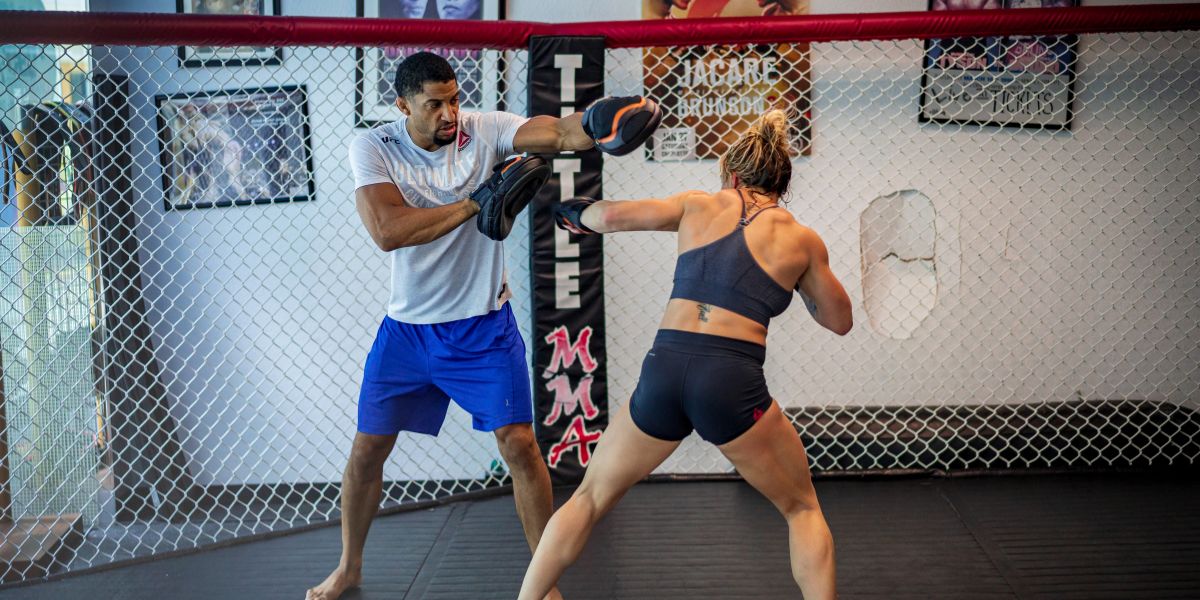

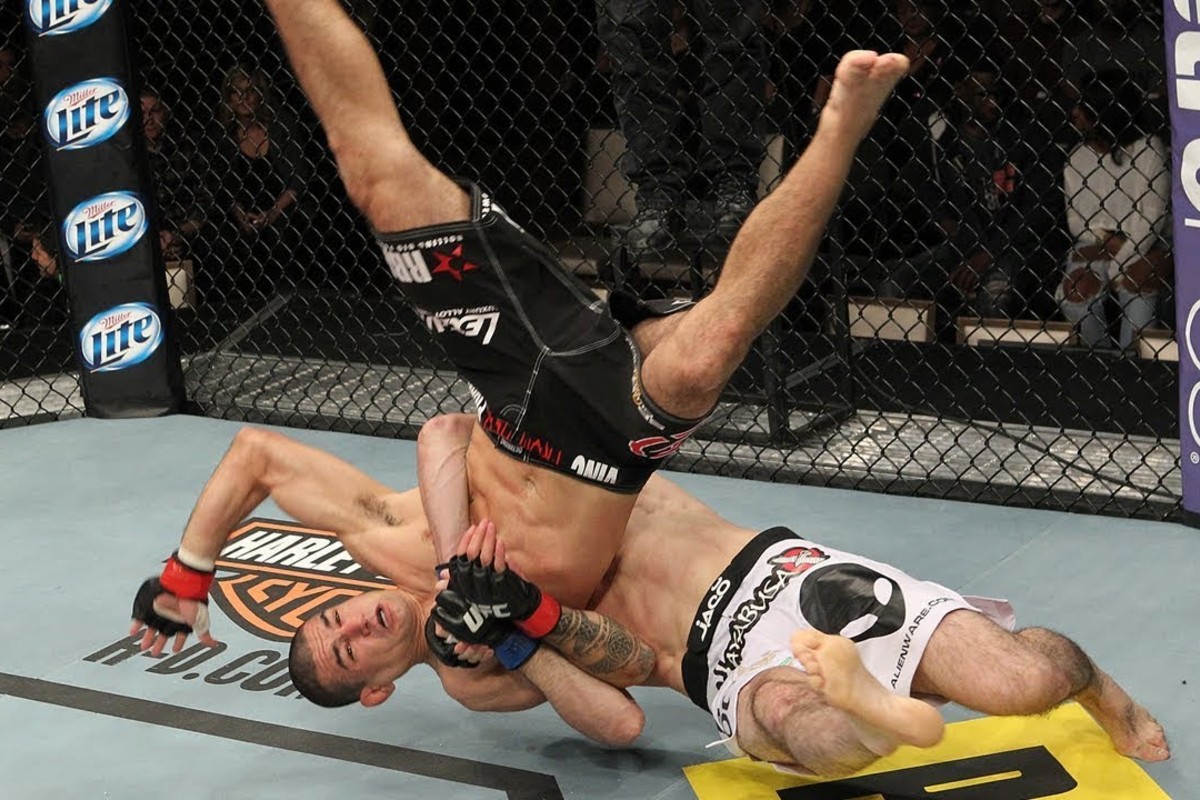









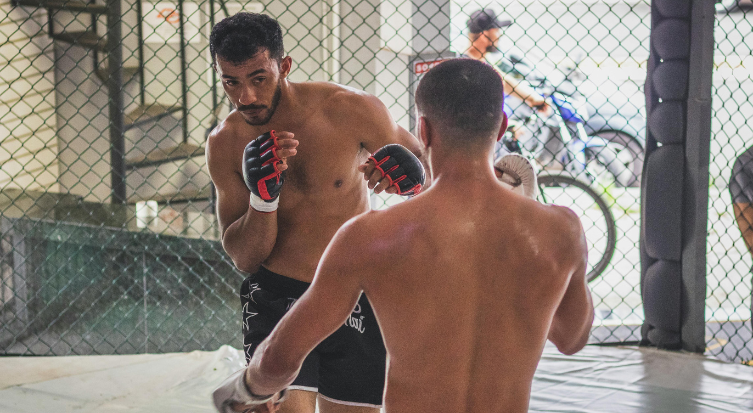
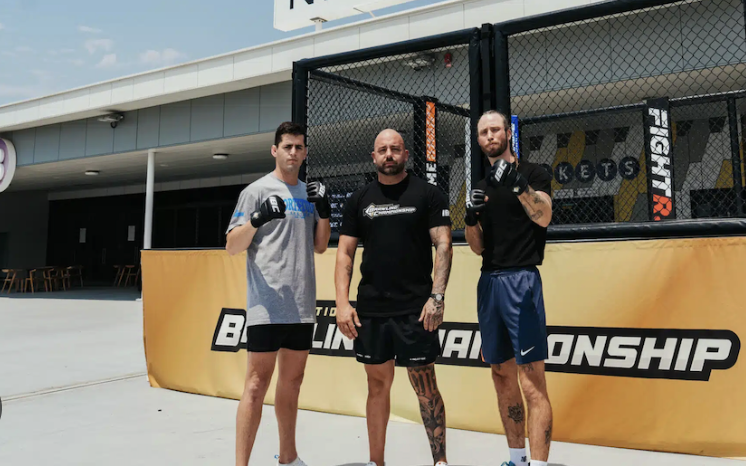
.png)
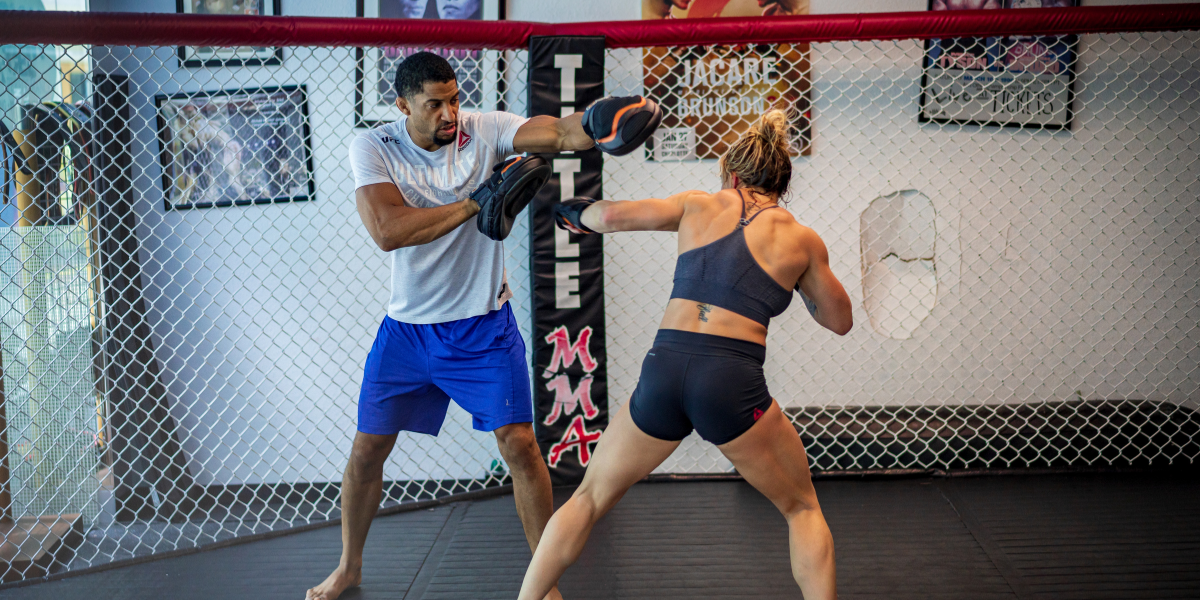
.png)

.png)

.png)
.png)
.png)
.png)
.png)
.png)
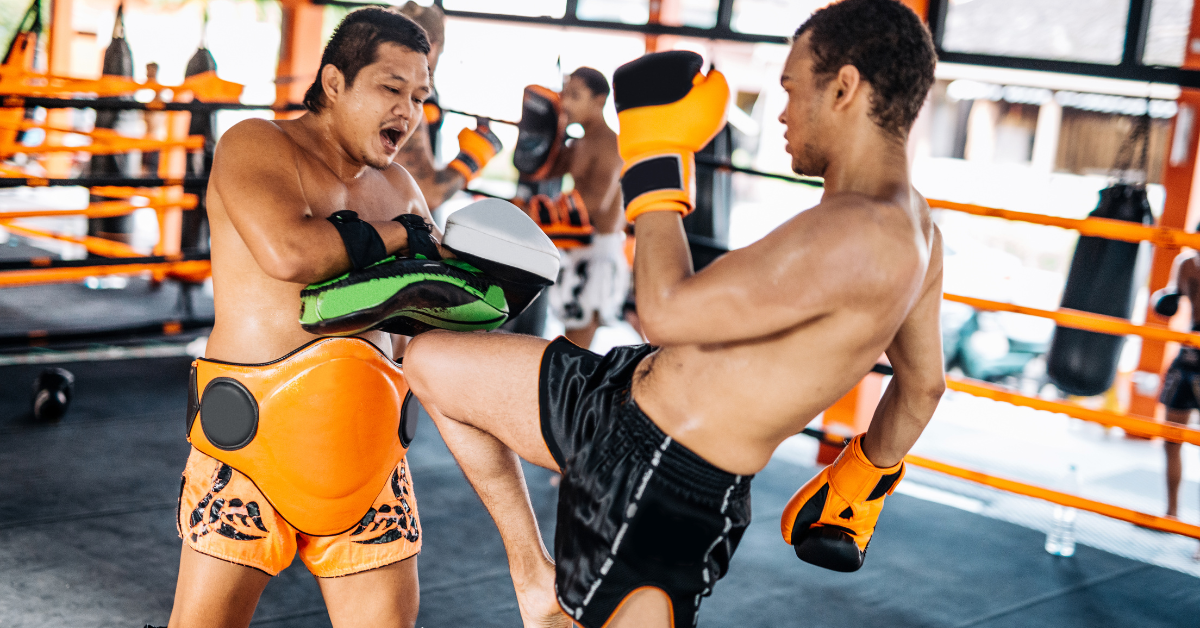






.jpg)






.jpg)

















































